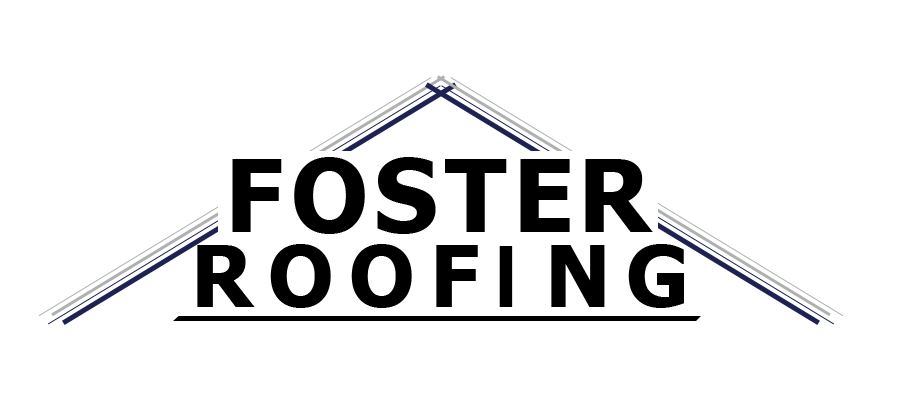There are many reasons you should always hire local, professional roofers, but one major (and often ignored) reason is ensuring that your roofing material is appropriate for your roof's pitch. A trustworthy roofer will also make sure your pitch is right for your climate, which comes in handy in severe weather-prone places like Arkansas. If you're unsure if your roof is performing to its expectation, call Foster Roofing today and schedule a free assessment in Fort Smith, AR.
[Read more of "How Roof Pitch Determines Your Choice Of Roofing Materials" here]
Taken from the article:
"High and Low Pitch Examples
Two examples at each end of the spectrum:
- Low-Pitched: It was fashionable for homes built in the 1960s to have little pitch except for a negligible slope to drain water. Visually, this roof is flat. This pitch might be as low as 1/12.
- High-Pitched: Roofs on Victorian-era houses were often sharply angled, steeply pitched. Think of your classic Addams Family haunted house, with its soaring peaks, and you have a picture of a high-pitched roof. This is one of the rare pitches where the numerator is greater than the denominator, with a slope as high as 18/12.
/about/115012727-56a49f003df78cf772834dbb.jpg)
4/12 to 12/12 Pitch: Asphalt and Composite
Asphalt shingles or composite shingles are the most popular kind of shingle and are the most serviceable type of shingle in terms of roof pitch.
These shingles can start as low as 4/12 pitch, going all the way up to a 12/12 pitch. Think of them as taking the middle road in terms of roof pitch--not too flat, not too pitched.
5/12 to 12/12 Pitch: Wood Shake and Slate
Wood shake and slate shingles are more susceptible to leakage than composite or asphalt, because the shingles do not lock together as tightly or lay as flat those other types of shingles.
Shake and slate shingles are good for pitches from 5/12 on up to 12/12.
Finally, note that these are common types of roofing materials and pitches; we have not covered all types. Also, these designations are not mutually exclusive. For instance, a torch-down roof, while commonly used for extremely low-pitched roofs, can also be used for steeper pitches, if so desired."
Originally Posted here: The Right Roof for Your Pitch

No comments:
Post a Comment
Note: Only a member of this blog may post a comment.